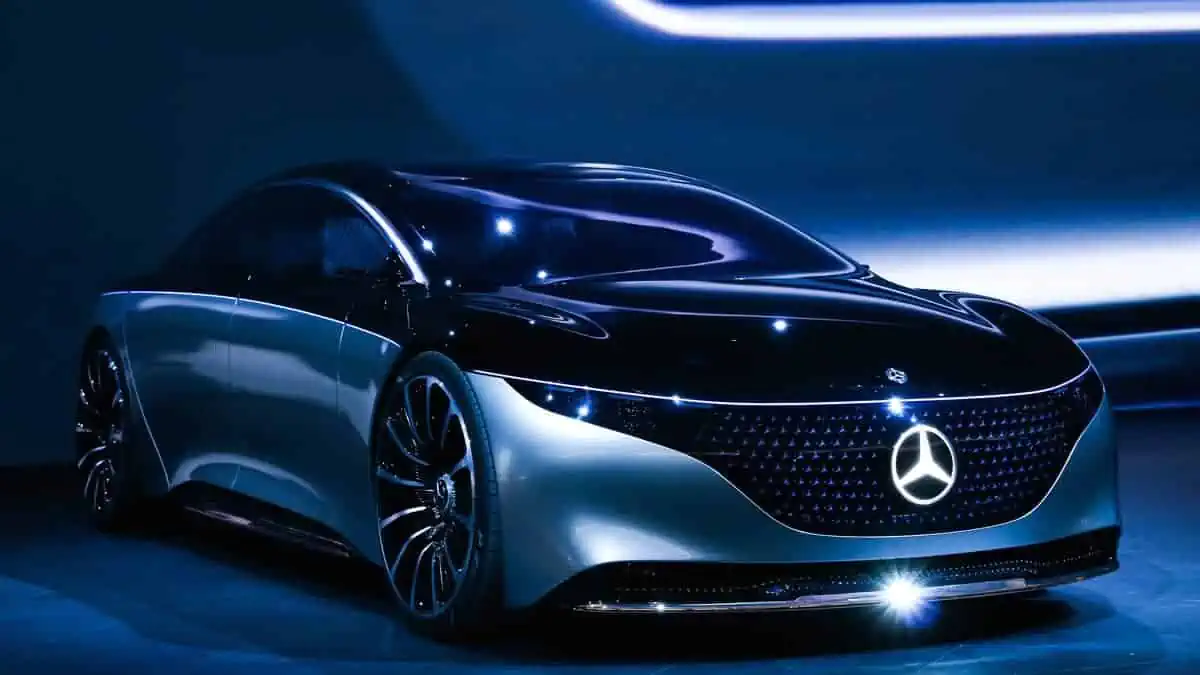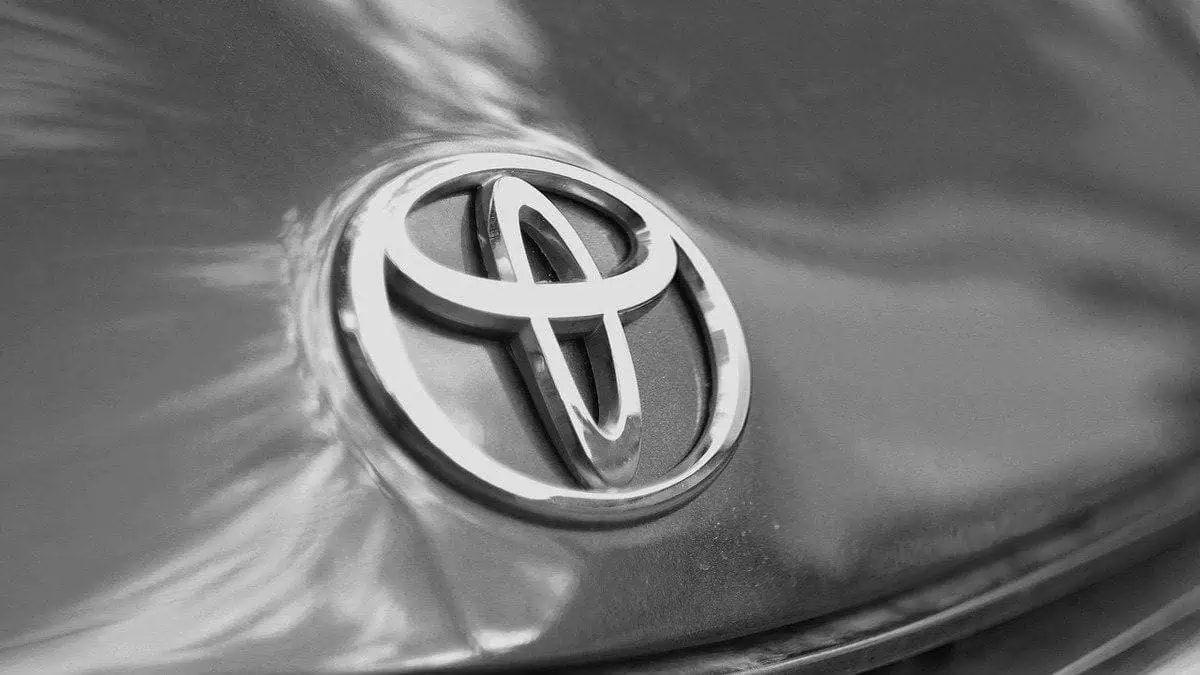German legacy automaker Mercedes-Benz has halted the development of its next-gen architecture for large luxury electric vehicles, German publication Handelsblatt reported.
Mercedes-Benz abandons MB.EA Large platform
Mercedes-Benz originally planned to utilize the next-gen MB.EA Large platform for the successors of the EQS and EQE. It planned to launch the MB.EA Large platform in 2028.
However, the local report suggests that the company suspended the development due to weak sales of the current-gen models.
According to four insiders with knowledge of the matter, the project cancelation will yield estimated savings of $4.3 billion to $6.5 billion in development and retooling costs.
Notably, the MB.EA Large platform was only one of the two MB.EA platforms Mercedes-Benz planned to launch. The other one, dubbed “MB.EA Medium,” is still under development. It will soon support the next-gen Mercedes EQC sedan and SUV.
In this sense, the company’s plans to launch the next-gen EQS and EQE sedans and SUVs remain unchanged. However, they may use the upgraded EVA2 platform instead of the now-canceled MB.EA Large platform.
FY 2023 and Q1 2024 sales results
Mercedes-Benz’s electric vehicle sales only reached a total of 43,202 units in 2023. It indicates an astounding year-on-year growth of 248%.
Despite that growth rate, this sales performance remains far from impressive. For reference, electric vehicle startup Rivian overthrew the German legacy brand with more than 50,000 EV sales last year.
In the first quarter of 2024, Mercedes-Benz saw a 4.5% drop in electric vehicle sales to only 8,336 units in the US compared to Q1 2023.
With all that said, it is no longer surprising if Mercedes-Benz had actually ditched the MB.EA Large platform development. The project cancellation might be the appropriate move right now, potentially enabling the German automaker to work on stimulating demand before spending an enormous amount.
Scaling back EV plans
The reported MB.EA Large platform development cancellation occurred after Mercedes-Benz delayed its target of hitting 50% share of electrified cars from 2025 to 2030.
In addition, the German automaker also scaled back its goal of selling only electric vehicle models by 2030 in select markets.
Mercedes-Benz’s recent backtrack is expected to lead to the development of the successors of today’s seventh-gen S-Class, fourth-gen GLE SUV, third-gen GLE Coupé, and third-gen GLS as ICE-powered cars with plug-in hybrid powertrains. These models will ride on the upgraded version of the MRA platform and hit the market alongside their electric counterparts based on the upgraded EVA2 platform.






